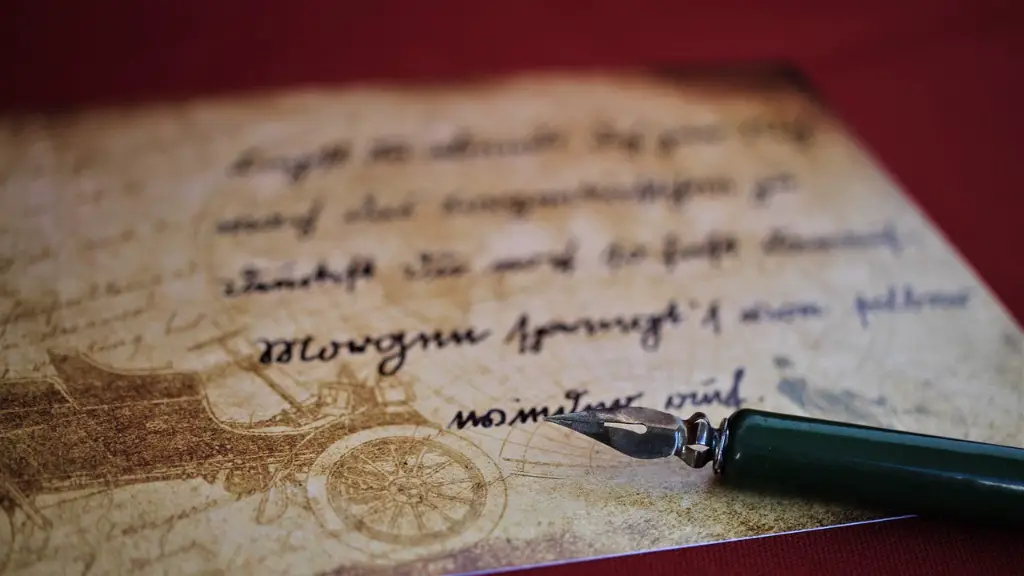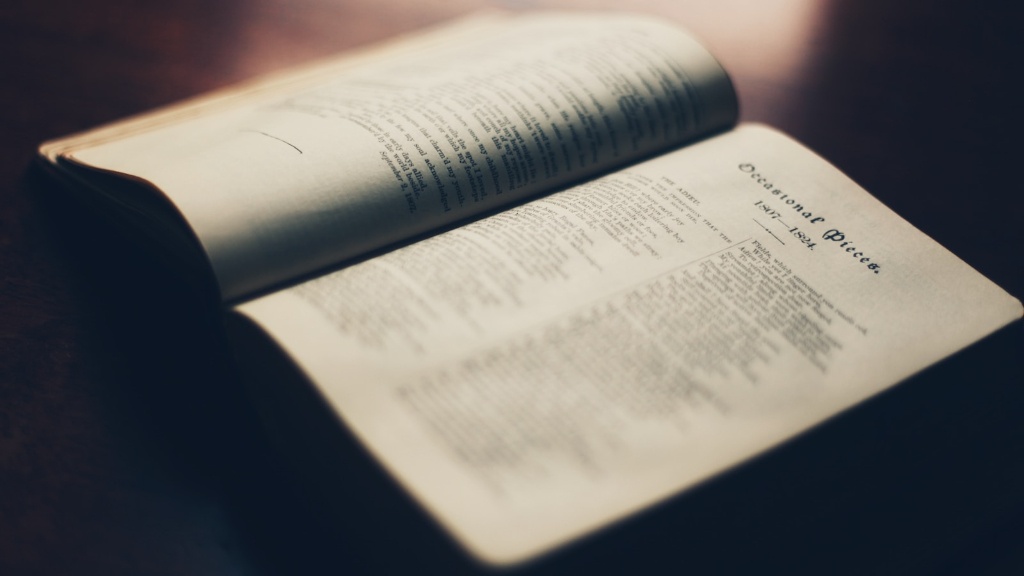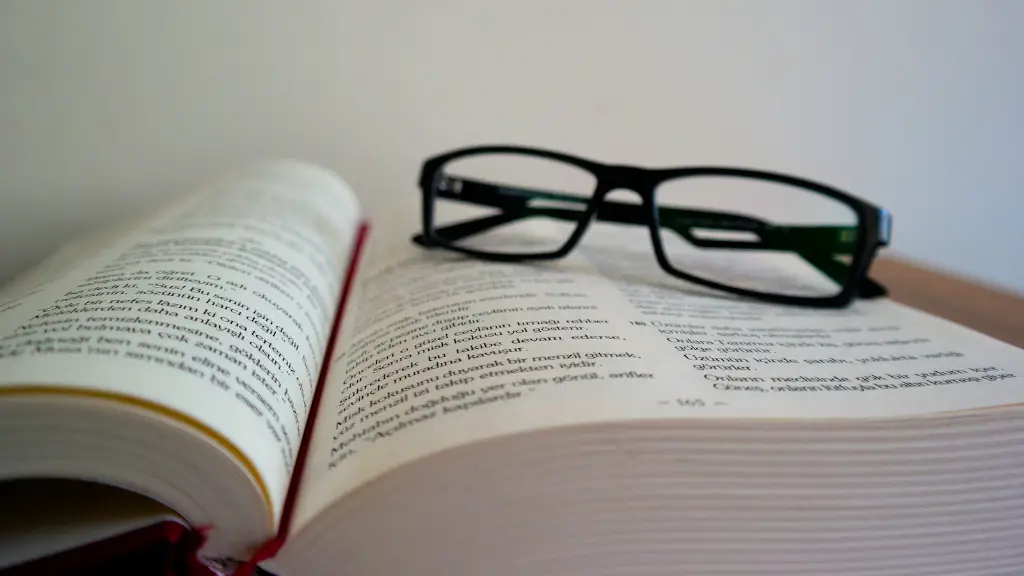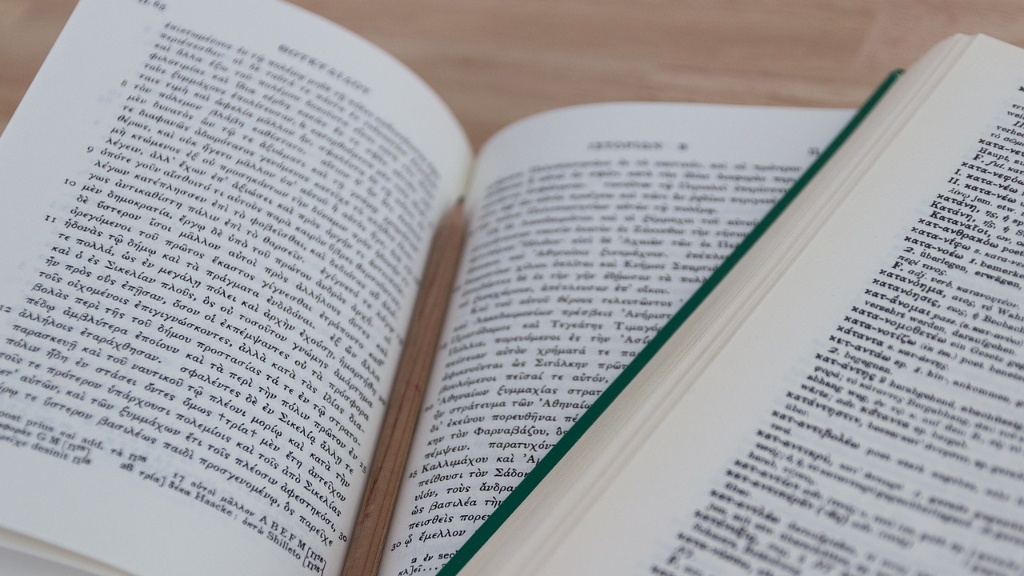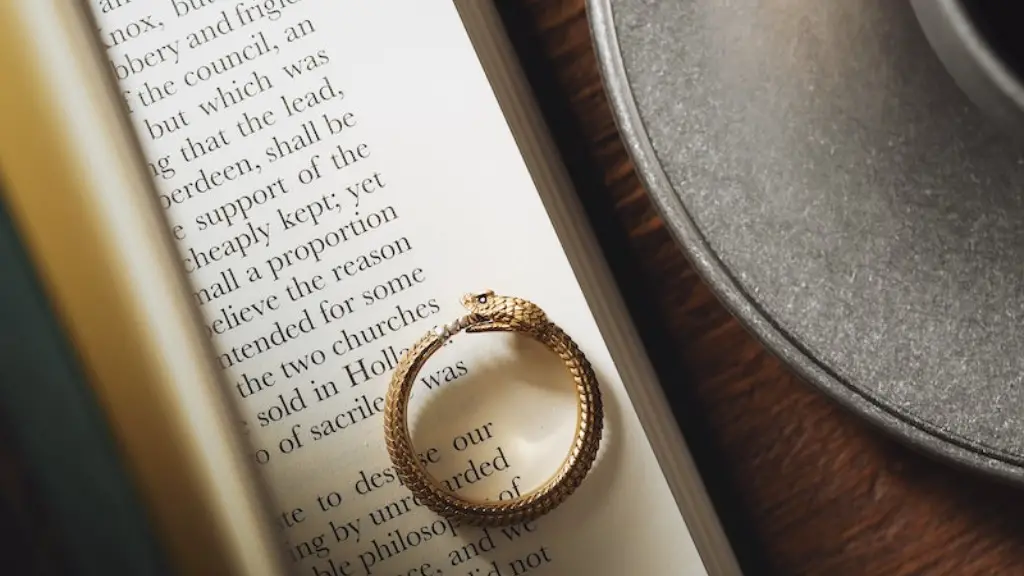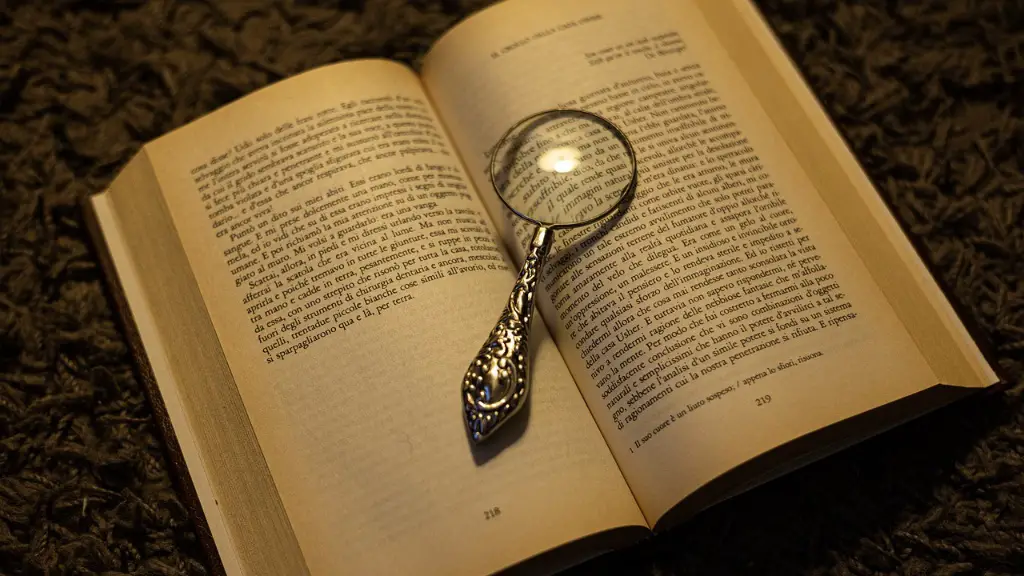Langston Hughes is an iconic figure in American literature. He was a poet, playwright, novelist, and essayist known for his imaginative works that depicted the African-American experience. He is widely considered to be one of the most important writers in American history, and has inspired generations of writers and poets since his passing. But one fact about Langston Hughes that is still being debated is his sexuality. Is Langston Hughes gay?
There is no definitive answer to this question, as Hughes’s sexuality remains subject to speculation. The literary world has long debated on whether or not Hughes was homosexual, but this is mostly due to a lack of concrete evidence that has either been lost to history or buried on purpose. Hughes himself never made any public declarations on his sexuality, and he was reticent to discuss his personal life in interviews, leaving some mystery around his sexual identity.
The debate intensifies due to the fact that homosexuality was heavily stigmatized and criminalized during the 1930s and 1940s, when Hughes reached the peak of his creative output. This makes it difficult to draw any conclusions from his works as to how he may have identified, as homophobic attitudes of the time likely influenced any representations of sexuality in his work.
This hasn’t stopped speculation, however. Hughes is often seen as the archetypal tragic gay artiste of the Harlem Renaissance, due in part to a poem he wrote in 1926, which peaked the interests of literary experts. Other poems and works show a tendency to describe relationships in an ambiguous fashion, leaving some to speculate that they may be homo-erotic in nature. As a result, there remain some scholars who are certain of Hughes’s homosexuality, while others remains uncertain.
Despite all the speculation, the final verdict on Hughes’s sexuality seems to remain elusive. What remains certain is that his work continues to inspire the LGBTQ+ community to this day, regardless of the true nature of his orientation. Langston Hughes created stories that celebrate the beauty and power of blackness, while leaving readers to draw their own conclusions, which makes him a figure of great importance to queer literature as well as literature in general.
The Representation of Queerness in His Work
Like many authors of his time, Hughe’s work mainly focused on the hardships of the African-American experience. But it is possible to find instances of potentially queer characters or themes in his work. The most compelling evidence comes from his 1926 poem “The Weary Blues,” which tells the story of a man and a man, but with a mysterious ending that could suggest the two men are in love. There are many interpretations of this poem and its implications, but this is one of the most mentioned pieces of evidence when considering Hughes’s sexuality.
Another suspect poem is “Theme for English B,” which tells the story of a young black poet in New York City who is struggling to find his narrative. This poem contains themes of self-exploration and could be interpreted as a testament to queer identity. Moreover, it could be argued that in much of his writing Hughes suggests that non-heteronormative is more than just accepted – it is celebrated.
In addition to his poetry, Hughes’s novel Not Without Laughter is widely seen as a queer-inclusive text. Though there is no mention of homosexuality in the text, there are a few characters who could be considered gender-ambiguous. And even though these characters are mainly treated as objects of ridicule by other characters in the novel, Hughes’s writing still portrays them with dignity and humanity.
There are other works by Hughes that might lend credibility to the LGBT+ community’s interpretation of his work, such as “Theme for English A”, “Mother to Son”, and “Portrait of a Pastor.” But overall, the evidence is inconclusive, as all of these pieces of work could be interpreted in different ways.
Personal Relationships
Due to the reticence of Hughes with regard to his personal life and sexuality, little is known about his relationships.
He was known to have had a romantic relationship with novelist Fannie Hurst in 1925, and his 1926 poem “The Weary Blues” was thought to be written in dedication to her.After their break-up, he is known to have had some form of relationship with actress Winifred Ellerman, but the details of their relationship are unknown.
These relationships point towards Hughes being heterosexual, but this doesn’t preclude him from having also had relationships with other people. Unfortunately, any information regarding other potential relationships remain nonexistent.
The Legacy
Regardless of whether or not Langston Hughes was gay, his body of work has become an important window into the African-American experience, and his poetry and novels are celebrated for their exploration of themes such as identity and belonging.
Hughe’s legacy for the LGBT+ community is undeniable, due to his refusal to be confined to the societal restrictions of his time. His works continue to inspire and be used as a source of representation for the community, especially for black queer people. He is one of the few authors of his era whose works can truly be resonated with, and his explorations of identity, race and sexuality continue to inspire generations.
The Disconnection to His Roots
Despite his work’s inclusion of themes that are relevant to the LGBT+ community, it is arguable that his personal experiences with queer identity, are not connected to them. In fact, it’s plausible that his work only enables our speculation, as even the works that might allude to queer identity could easily be attributed to the more socially acceptable topics of his time such as racial identity and the black experience.
His novels feature a variety of characters pursuing a sense of identity and community, but none that specifically celebrate or express queer identity. It may be possible that Hughes’s reluctance to explore themes of non-heteronormative sexuality could have come from his upbringing in the Midwest, where homosexuality was both a taboo and a crime.
That being said, the works may still evoke feelings of community and solidarity with other LGBT+ people. Hughes’s writing captures a sense of seeking out and accepting one’s identity, which many readers can relate to regardless of their sexuality or gender identity.
The Question of Queerness
Overall, no one knows for sure if Langston Hughes was gay or not, as his personal life remains deeply private due to his reticence in discussing it. It is possible to interpret some of his works as having non-heteronormative themes, but this is still subject to speculation. What remains true, however, is that his works continue to inspire generations and become a source of representation for the LGBT+ community.
The Reception of His Works
Despite being one of the most celebrated authors of his time, Hughes’s works were not immediately accepted and praised upon their release. His writings of the African-American experience were often seen as controversial in the early 20th century, and he experienced some controversy as a result. His works were often banned from libraries and colleges, while some critics denounced his writings as being too intense and dark to be appreciated.
That being said, Hughes was resilient, and eventually the appreciation for his work grew. He toured and lectured around the world, winning many awards and honors for his writings and gaining recognition for being one of the most important figures of the Harlem Renaissance. To this day, his works are praised and appreciated, and he has become an iconic figure in American literature.
The Impact of His Work
Although Hughes’s works have been critically acclaimed, his legacy is just as significant due to the impact of his writings. His works featured progressive themes that were largely unexplored at the time, and spurred an increase in African-American literature. He also inspired a rise in black writers and artists throughout the years, and helped to shape the landscape of the literary world.
Moreover, due to his explorations of identity, Hughes’s works have resonated with the LGBT+ community as well. His works are seen as beacons of solidarity and hope, as they explore themes of self-understanding and acceptance. Hughes may not have openly explored queer identity in his work, but he certainly left the door open for subsequent authors to write on the subject.
The Cultural Significance
Langston Hughes is a highly influential figure in American literature and an iconic author in the LGBT+ community. His works have been celebrated and remembered for generations, and he is seen as an important figure to both communities; one that is celebrated for his contributions to race and gender representation. Through his work he was able to make statements on a variety of topics, including the often taboo issue of sexuality. His writings have been sources of inspiration and courage for generations, and his legacy continues to this day.
